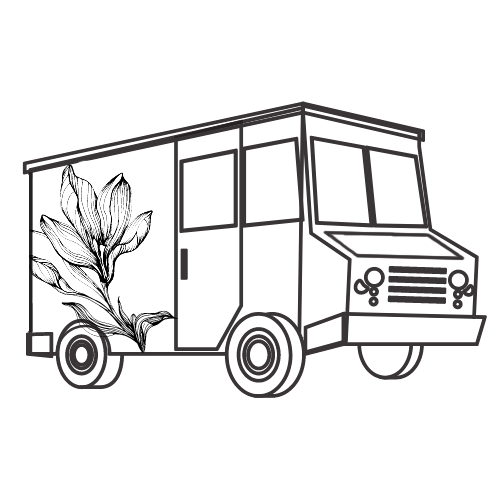
Shaga Iris
Iris japonica
1 Gallon | Hardiness Zones 7-10
Iris japonica is an Asian iris with soft blue flowers that bloom in early spring. The blooms are compact, measuring around 5 cm across, and provide seasonal interest.
This species grows well in shaded garden areas and along woodland edges. It suits planting zones with moderate elevation and consistent moisture. The plant holds foliage form through the warm months.
Iris japonica is part of a group of shade garden plants that support color and shape in lower light. It adds structure to mixed borders and grows well among ferns and other spring-flowering species.
Pickup available at Aiken Nursery
Usually ready in 2-4 days
Schedule Delayed Shipping in your Cart
Plant Specs
- Zones: 7 - 10
- Sun: Part Shade and Full Shade
- Soil: Well-drained, Moist, and Fertile
- Height at Maturity: 12 - 18 Inches
- Spread at Maturity: 18 - 24 Inches
- Growth Rate: Moderate
Dies back, depends on zone
Flower/Foliage
Pale blue to white, fringed
Care Info
Here’s a closer look at how we produce our plants:
From rooting to shipping, our top priority is ensuring you receive healthy, thriving plants for your garden’s success.

The majority of our plants are carefully cultivated from rooted cuttings, while we also utilize propagation methods such as seed, air layering, and grafting, thoughtfully chosen to suit each plant’s unique needs.

Our plants are cultivated using sustainable practices, including organic soil blends and eco-friendly pest management, ensuring they thrive while minimizing environmental impact.

We are proud to contribute to local biodiversity through ongoing donations to the Aiken Arboretum and support for local wildlife conservation efforts, helping to preserve and enhance our community’s natural ecosystems.
Frequently Asked Questions
What to expect upon delivery
All our plants are sold in 1-gallon sizes, though the height of each plant can vary depending on its growth rate and seasonality, typically ranging from 1/2 to 2.5 feet.
Each plant is carefully packaged with its roots enclosed in a secure plastic bag containing moist soil, forming a compact root ball. To ensure safe transport, the box is padded with recycled newspaper, providing both stability and eco-friendly protection from weather during shipping.
What is your return policy?
Review our full return policy information on our SHIPPING AND RETURNS POLICY page.
What payment methods can I use?
We offer 35 different payment methods including major providers like Mastercard, Visa, PayPal, American Express and Diners as well as many different local payment methods including Klarna, iDEAL, AliPay, Sofort, giropay, and many more.
Can I make changes to my order after it’s been placed?
At Woodlanders, we strive to fulfill orders as quickly as possible. Therefore, we can only accommodate changes to your order within the first 24 hours after it has been placed. These changes include adding or removing products and modifying the delivery address. If you need to make any changes or if there has been a mistake with your order information, please reach out to us promptly via our CONTACT page with your order number for the quickest resolution.
Your satisfaction is our priority, and we appreciate your understanding and cooperation.


